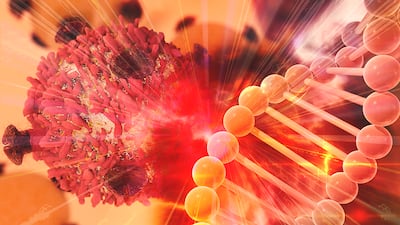The £542 million ($959 million) that Chiron Corp. spent acquiring PowderJect Pharmaceuticals PLC in mid-2003 was a move by the US company to get its hands on PowderJect's thriving Fluvirin influenza vaccine business and, oddly enough, bulk up its infrastructure on its home soil. PowderJect's acquisitive history--it got Fluvirin from Celltech Medeva PLC in 2000 [See Deal]—had made it into the world's largest independent vaccines company, complete with a solid US distribution network that complemented Chiron's European presence [See Deal]. The combination of the firms' assets was designed to allow Chiron to compete among the Big Pharma at the top of the vaccines ladder. (See "Chiron/PowderJect: US Snaps Up Europe's Best," In Vivo Europe Rx, July 2003. Also see "Chiron/PowderJect: US Snaps Up Europe's Best" - In Vivo, 1 July, 2003..) So far the move has paid off for Chiron. In 2003, the firm sold $332 million worth of flu vaccines, of which $219 million came from Fluvirin sales, nearly double the £67 million in PowderJect's fiscal year 2002.
Lost in the transatlantic shuffle were a handful of modestly profitable travelers' vaccines and PowderJect's original raison d'être: the powder-injection...







